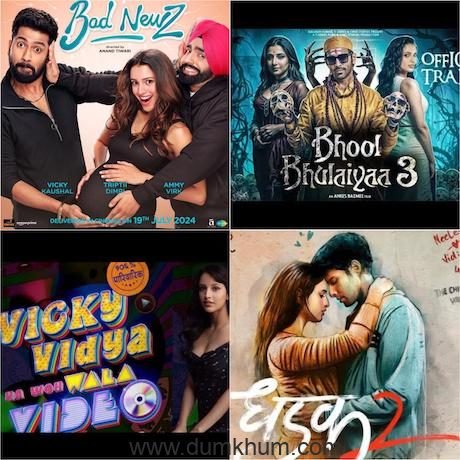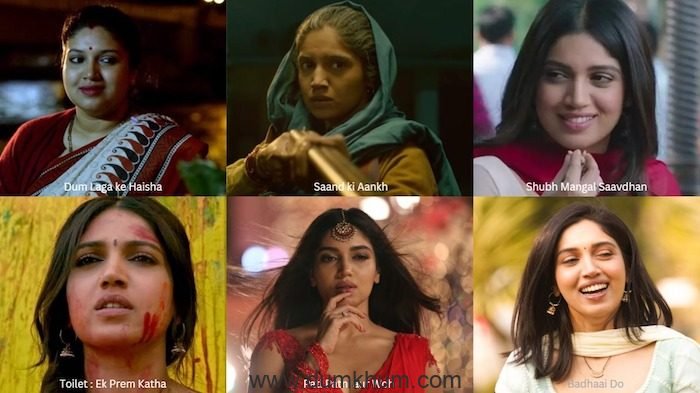Due diligence in news reportage vital for preserving media
freedom: Justice J S Verma at FICCI FRAMES 2012
Justice J. S. Verma, former Chief Justice of India, today advised the media to exercise due diligence in news reportage by questioning whether a news item is true, fair, necessary and in public interest. The answer to these questions were necessary in order to inform and enlighten the people accurately and obviate any possibility of regulation by the government as that would tantamount to curbing the freedom of the media.
Addressing the session on “Freedom of Media: Significance of Self-regulation’ on Day II of FICCI FRAMES 2012 here, Justice Verma said “I often hear people say why is the media not responsible? This might just be a pretext for the authorities to step in, and if they do step in, the dangers to free expression and the right to report freely will be immeasurably curbed.”
The practice of ‘breaking news’, of being the first with the news, has to be controlled, he said and added that since the reach of television is wide and its effect on the viewer instantaneous, the scope for damage is more.
Mr. Narayan Roa, President, News Broadcasters Association (NBA) & Executive Vice Chairman, NDTV, said that NBA ‘s membership comprised 95 per cent of the news channels and the Association has laid out a code of programming and ethics. Besides, a News Broadcasting Standards Authority (NBSA) has been created which regularly issues advisories on news depiction and coverage. Yet, have standards improved? “Perhaps not, not yet, and our intent is to ensure that self-regulation in this regard is important, “ he said.
Mr. Nitin Desai, former Under Secretary General, United Nations & Member, NBSA, pointed out that rather than self-regulation, there is need to subject the media to independent regulation to preserve its independence. “People have the right to accurate information, free of rumour, falsehood and superstition,” he said and added there was no substitute to due diligence in news reporting.
Mr. Phillip Turner, Chief of Bureau, CNN International, South Asia, said that news stories from India were important to the rest of the world. With a surfeit of new media and technological advancement, there is need to ensure that the rules of attribution and authenticity are not broken. “How does one report objectively in the face of the plethora of news that is pouring in all the time? he asked and added that it would be important to say that “ We are hearing this and seeing this, but we don’t know whether it is true.”
Mr. Kiran Karnik, Member, NBSA & former President, NASSCOM, said one of the challenges before the news channels was posed by technology. For instance, there are citizen reporters who pass on spot news and if these are picked up by the media it would be important to say that it is unverified. He also cautioned against the danger posed by news channels when they begin to make news and starting setting the agenda.







